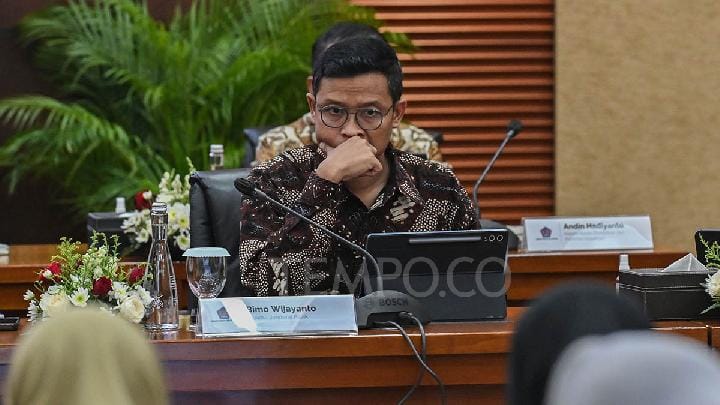
TEMPO.CO, Jakarta - Director General of Taxation at the Finance Ministry, Bimo Wijayanto, asserted that designating marketplaces as tax collectors for online traders will not lead to increased product prices. He emphasized that the tax collected by e-commerce is not a new levy; rather, it is the existing Income Tax (PPh 22) that sellers have always been obligated to pay.
"This is not a new tax, it will not raise prices," Bimo told reporters at the Parliament Complex in Jakarta on Tuesday, July 15, 2025.
Bimo explained that before marketplaces were appointed as tax collectors, traders were responsible for reporting their taxes independently. He believed this new regulation would simplify the process for traders and create a level playing field between online and offline merchants.
He further claimed that the regulation, stipulated in the Finance Ministerial Regulation No. 37 of 2025, is fair and not intended to drive up the prices of e-commerce products.
The Income Tax (PPh 22) collection rate is 0.5 percent of the gross turnover received or obtained by traders. This tax will only be collected from sellers with a turnover exceeding Rp500 million.
The Finance Ministerial Regulation 37/2025 explicitly grants the minister the authority to appoint other parties, such as marketplaces, as collectors of the income tax. These appointed parties are responsible for collecting, depositing, and reporting taxes on income generated by domestic traders through the Electronic Trading System mechanism.
Previously, Head of Macroeconomics and Finance at the Institute for Development of Economics and Finance, M. Rizal Taufikurahman, expressed concerns about the potential for liquidity pressure on Micro, Small, and Medium Enterprises (MSMEs) if this regulation is enforced.
"The upfront deduction of income tax can cause liquidity pressure, especially for MSMEs whose profit margin is very limited," Rizal told Tempo on Saturday, June 28, 2025.
Editor's Choice: Government Eyes Social Media for Tax Revenue After Marketplaces
Click here to get the latest news updates from Tempo on Google News
Government Eyes Social Media for Tax Revenue After Marketplaces
1 jam lalu

The Indonesian government has officially designated e-commerce platforms or marketplaces as tax collectors for Income Tax (PPh 22) on online merchants
TikTok Indonesia: 63% of Monetized Creators Earn Above Minimum Wage
3 jam lalu

TikTok Indonesia says 8 million creators earn from monetization, while 21 million sellers on its platforms boost economic activity.
Today's Top 3 News: Indonesia Seeks Lower Tariffs Than Vietnam in Ongoing U.S. Negotiations
10 hari lalu

Here is the list of the top 3 news on Tempo English today.
One Big Beautiful Bill: Inside Trump's Latest Tax and Spending Proposal
12 hari lalu
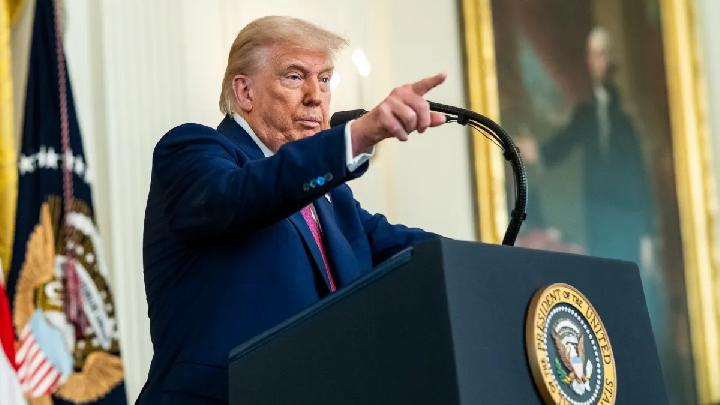
President Donald Trump's Tax Cut and Spending Reduction Bill is viewed as more beneficial to high-income earners.
U.S. Senate Passes Trump's $3.3 Trillion Tax Cut and Spending Bill After Tie-Break Vote
13 hari lalu

The U.S. Senate approved Donald Trump's tax cut and spending bill with a 51-50 vote, passed by the tie-breaking vote from Vice President JD Vance.
Jakarta Imposes 10% Tax on Padel Court Rentals
13 hari lalu

Rental of padel courts becomes the target of a 10 percent entertainment tax in Jakarta.
E-commerce Association: New Tax Rules Could Impact Millions of Sellers
15 hari lalu

The Indonesian E-commerce Association (idEA) is calling for a cautious and gradual implementation of new e-commerce tax regulations.
Norway to Impose Tourist Tax on Cruise Ship Passengers Starting in 2026
16 hari lalu

Tourists planning to travel on a cruise ship to Europe should be prepared as Norway is imposing a tourist tax on cruise ship passengers starting 2026.
Finance Ministry Speaks on PPh 22 Tax Plan for E-commerce Traders
17 hari lalu

The government plans to use e-commerce platforms as tax collectors. Traders earning under Rp500 million are exempt.
Tax DG: E-Commerce Tax Collection Will Curb Shadow Economy
19 hari lalu

The Directorate General of Taxation (DJP) under the Finance Ministry explained the rationale behind appointing e-commerce platforms as tax collectors.

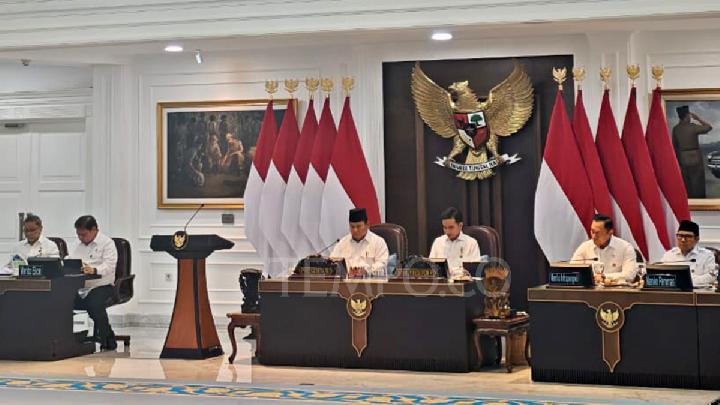















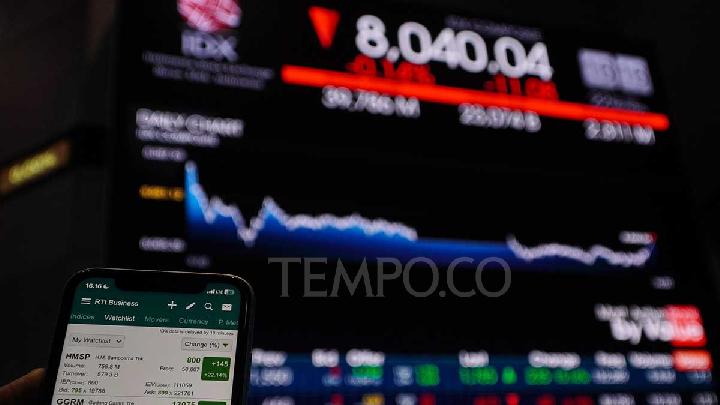


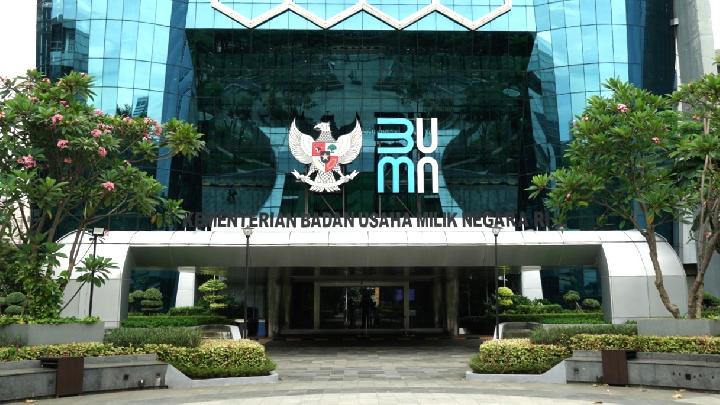














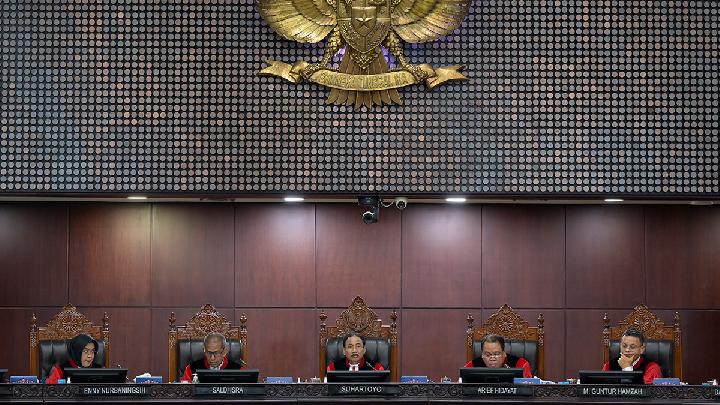

:strip_icc():format(jpeg)/kly-media-production/medias/5264803/original/026336600_1750904581-Cek_Fakta_Tidak_Benar_Ini_Link_Pendaftaran__11_.jpg)

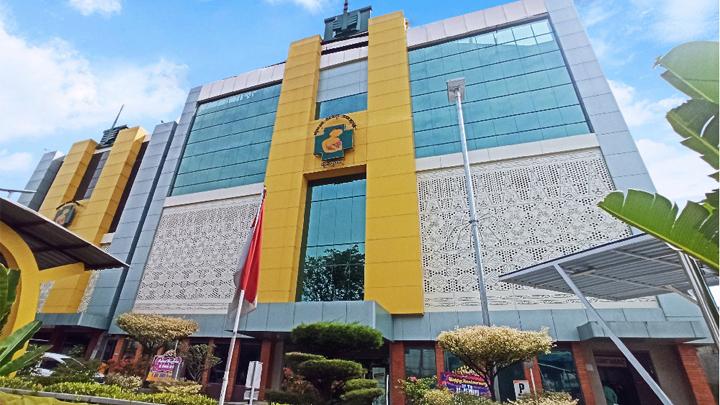
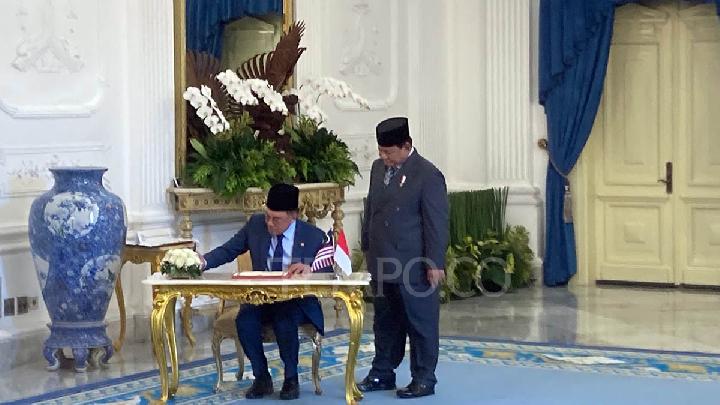



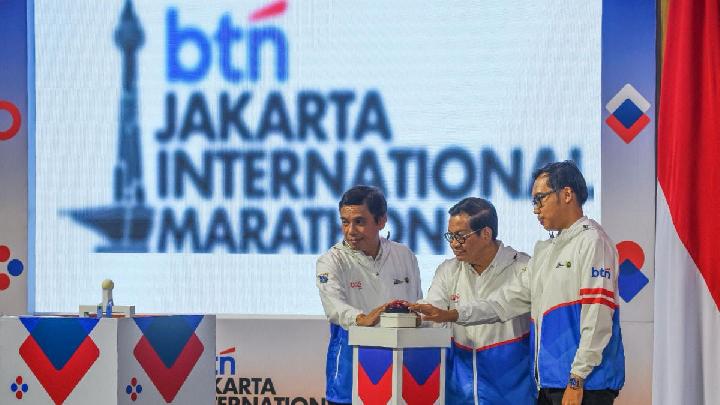
:strip_icc():format(jpeg)/kly-media-production/medias/5258623/original/005010500_1750392881-Cek_Fakta_Tidak_Benar_Ini_Link_Pendaftaran__5_.jpg)
:strip_icc():format(jpeg)/kly-media-production/medias/4498476/original/051974700_1689063836-puasa_sunnah.jpg)

:strip_icc():format(jpeg)/kly-media-production/medias/1407603/original/079705400_1479294075-Ali_Khamenei.jpg)
:strip_icc():format(jpeg)/kly-media-production/medias/5258672/original/007662100_1750394658-18b4e792-fa49-48cf-b166-455eb3a3b632.jpg)
:strip_icc():format(jpeg)/kly-media-production/medias/4134468/original/062773800_1661335557-Makam-Mahligai-Barus-sumutprov.go.id_3.jpg)